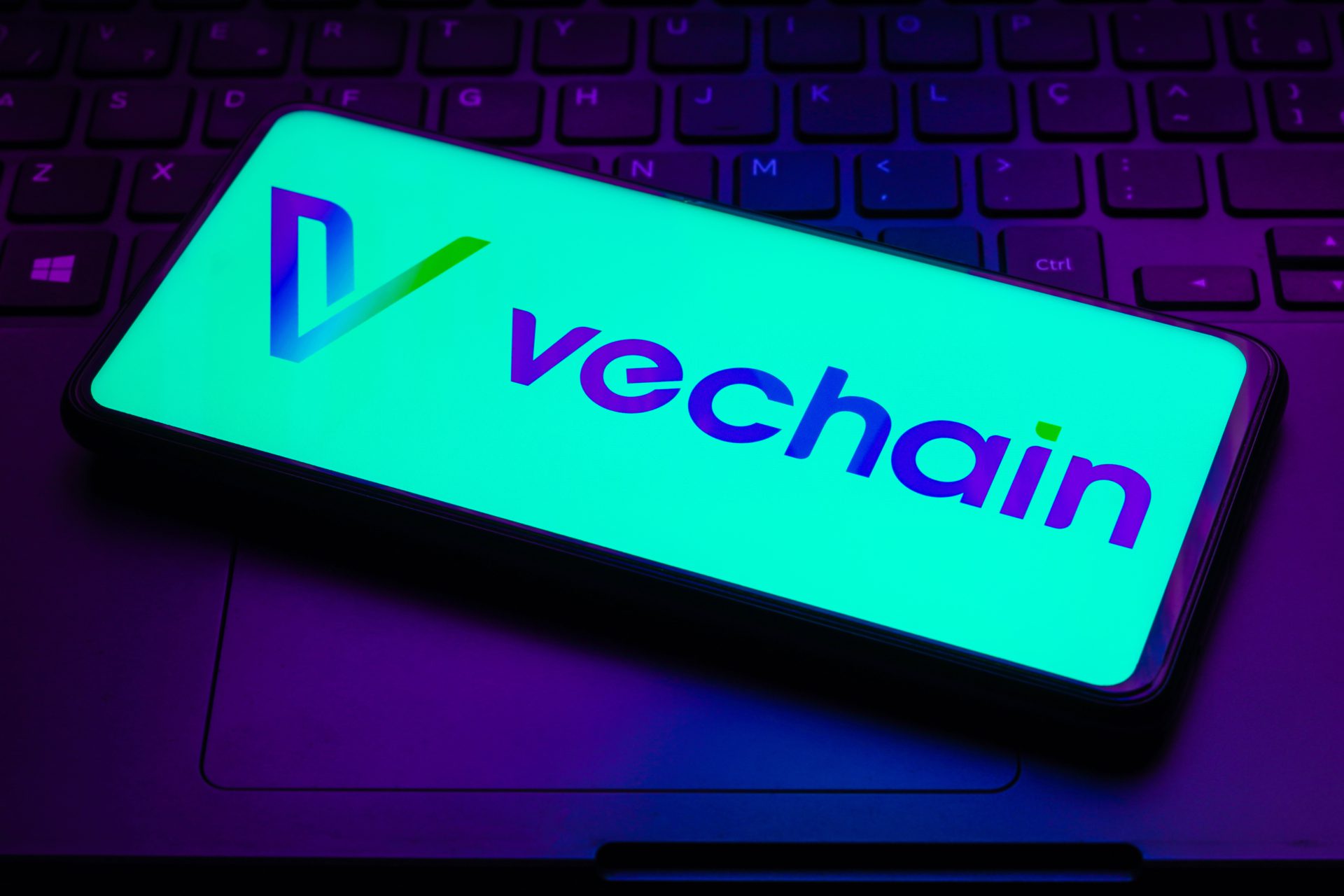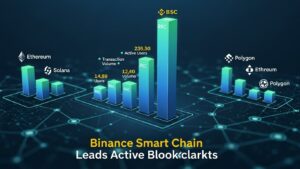The blockchain space is changing quickly, and VeChain is becoming a major force in the push for innovation and sustainability. VeChain’s tokenization and carbon market solutions are establishing it as a game-changer for 2025 as governments and corporations across the globe put a greater focus on environmental responsibility. VeChain Revolutionizing is ushering in a new era of economic and environmental impact by using blockchain technology to improve transparency, efficiency, and trust.
VeChain’s Mission
Real-world value has always been VeChain’s top priority, emphasizing developing scalable and significant blockchain solutions. VeChain Revolutionizing It is well-suited to addressing global issues like resource efficiency and climate change because of its special features, which include decentralized data management and Internet of Things (IoT) integration.
VeChain’s capacity to tokenize assets, such as carbon credits, is among its most important contributions to sustainability. The tokenization process transforms tangible assets into digital tokens that can be safely recorded and exchanged on the blockchain. By resolving problems with old systems like fraud, double-counting, and inefficiencies, this invention has the potential to transform carbon markets completely.

Tokenization’s Function in Carbon Markets
Carbon markets are essential in the battle against climate change because they provide companies and organizations with a way to buy carbon credits to offset their carbon emissions. However, the lack of accountability and transparency in the current carbon market systems is a common criticism. Immutable and verifiable records for carbon credits are introduced by VeChain’s blockchain technology, providing a solution.
VeChain guarantees that all carbon credits may be tracked from issue to retirement by tokenizing them. In addition to fostering participant trust, this degree of openness promotes the wider use of carbon markets. Additionally, fractional ownership is made possible via tokenization, which makes it simpler for individuals and small enterprises to engage in carbon offsetting.
Important Advancements Ahead
VeChain’s continued collaborations and initiatives portend a bright future for its position in carbon markets. VeChain is working on projects to standardize and expedite carbon accounting procedures in partnership with some businesses and governmental organizations. VeChainThor, its blockchain technology, is being tuned to effectively manage large transaction volumes and guarantee scalability as demand increases.
Additionally, VeChain is currently investigating ways to integrate with IoT devices to automate the collection of carbon emissions data. For instance, real-time emissions data may be obtained from sensors installed in transportation vehicles or industrial equipment, which is then stored on the VeChain blockchain. By reducing mistakes, this automated approach raises the legitimacy of carbon accounting.
More Wide-ranging Effects on Industries
Although the focus is on carbon markets, VeChain’s tokenization capabilities apply to supply chain management, healthcare, and renewable energy, among other areas. VeChain Revolutionizing Tokenizing renewable energy certificates (RECs), for example, aligns with international initiatives to switch to greener energy sources. Tokenized RECs are more accessible and dependable than carbon credits since they are simple to trade and validate on the blockchain.
VeChain’s technology is already utilized in supply chain management to trace and validate product origins, improving customer transparency and lowering fraud. These uses show how VeChain’s ideas can promote sustainable behavior across various industries and are not only restricted to carbon markets.
Opportunities and Difficulties
Even while VeChain’s developments are encouraging, there are still issues. Regulatory ambiguity is a major obstacle because blockchain-based carbon markets must conform to international norms and standards. However, VeChain is well-positioned to handle these challenges because of its proactive approach to partnerships and compliance. The adoption rate in conventional businesses presents another difficulty. Despite the obvious benefits of blockchain technology, it might take some time to persuade stakeholders to adopt new systems.
Adoption is anticipated to be accelerated by VeChain’s approach of showcasing observable advantages via pilot projects and actual use cases. The growing emphasis on global Environmental, Social, and Governance (ESG) factors presents an opportunity for VeChain. VeChain’s solutions provide a workable means of achieving sustainable objectives while improving operational efficiency as companies prioritize ESG compliance.
Effects of VeChain in 2025
VeChain might transform carbon markets and popularize tokenization in 2025. VeChain’s blockchain technology may improve carbon credit trading and environmental responsibility by addressing inefficiencies and transparency. VeChain may impact beyond environmental initiatives. VeChain’s adaptive technology may become vital to the digital economy as more industries tokenize assets. Its ability to ensure data security, scale processes, and integrate with IoT devices makes it desirable to innovative organizations.
Read More: Ethereum Faces Resistance as Whale Activity Increases
Conclusion
VeChain’s tokenization and carbon markets are major blockchain breakthroughs. VeChain is addressing asset management and sustainability challenges to promote efficiency and transparency. Due to technical innovation, strategic collaborations, and real-world effects, VeChain is poised to disrupt climate change and beyond by 2025.




